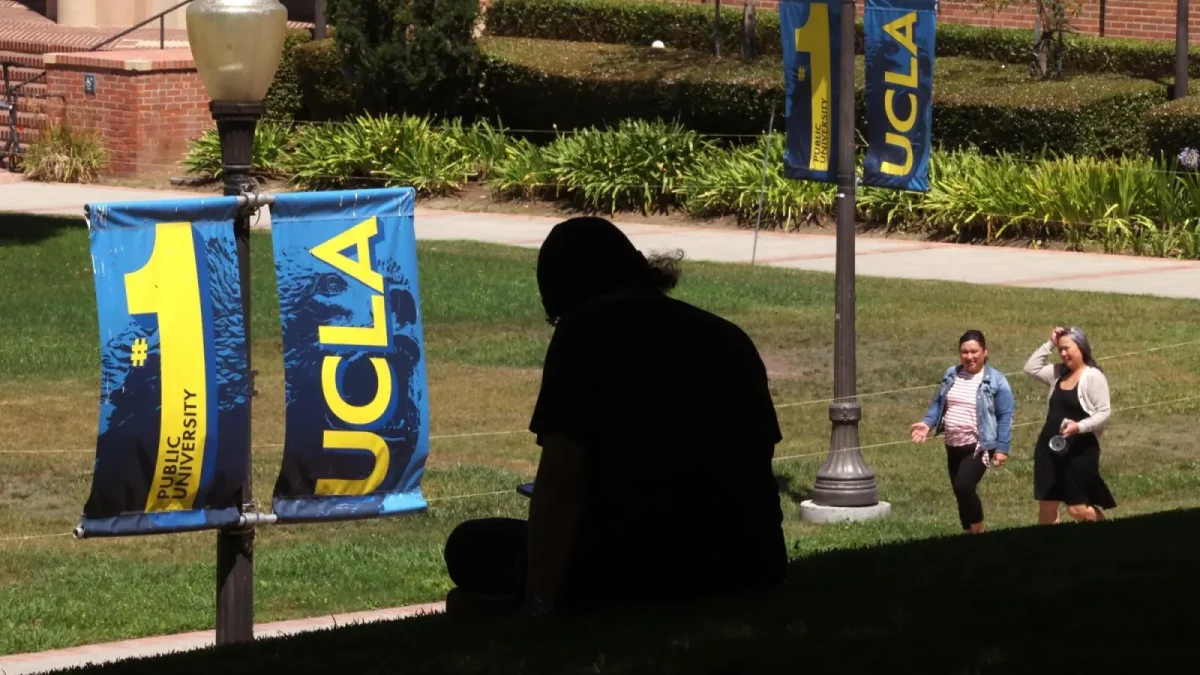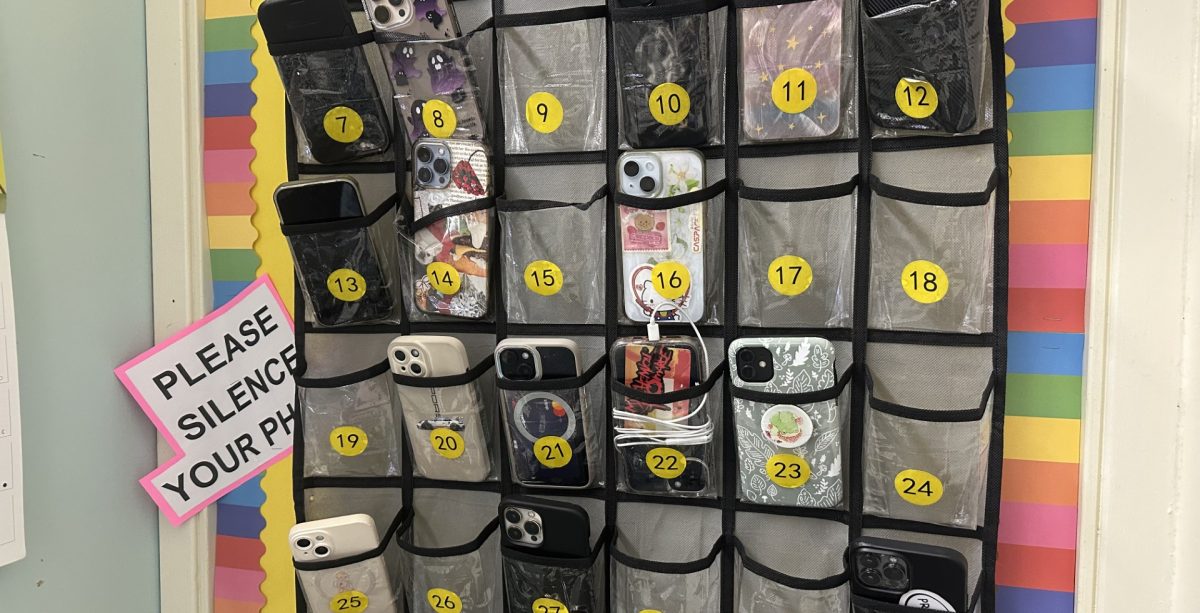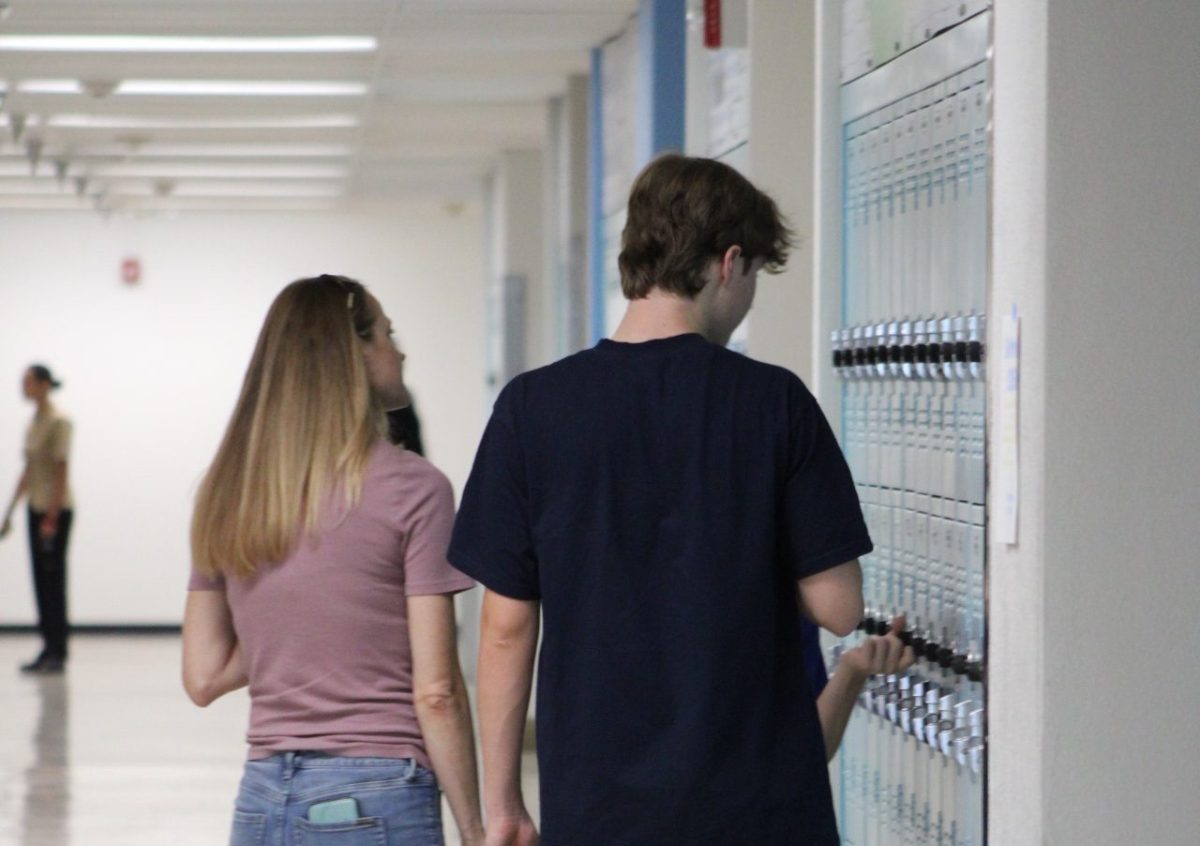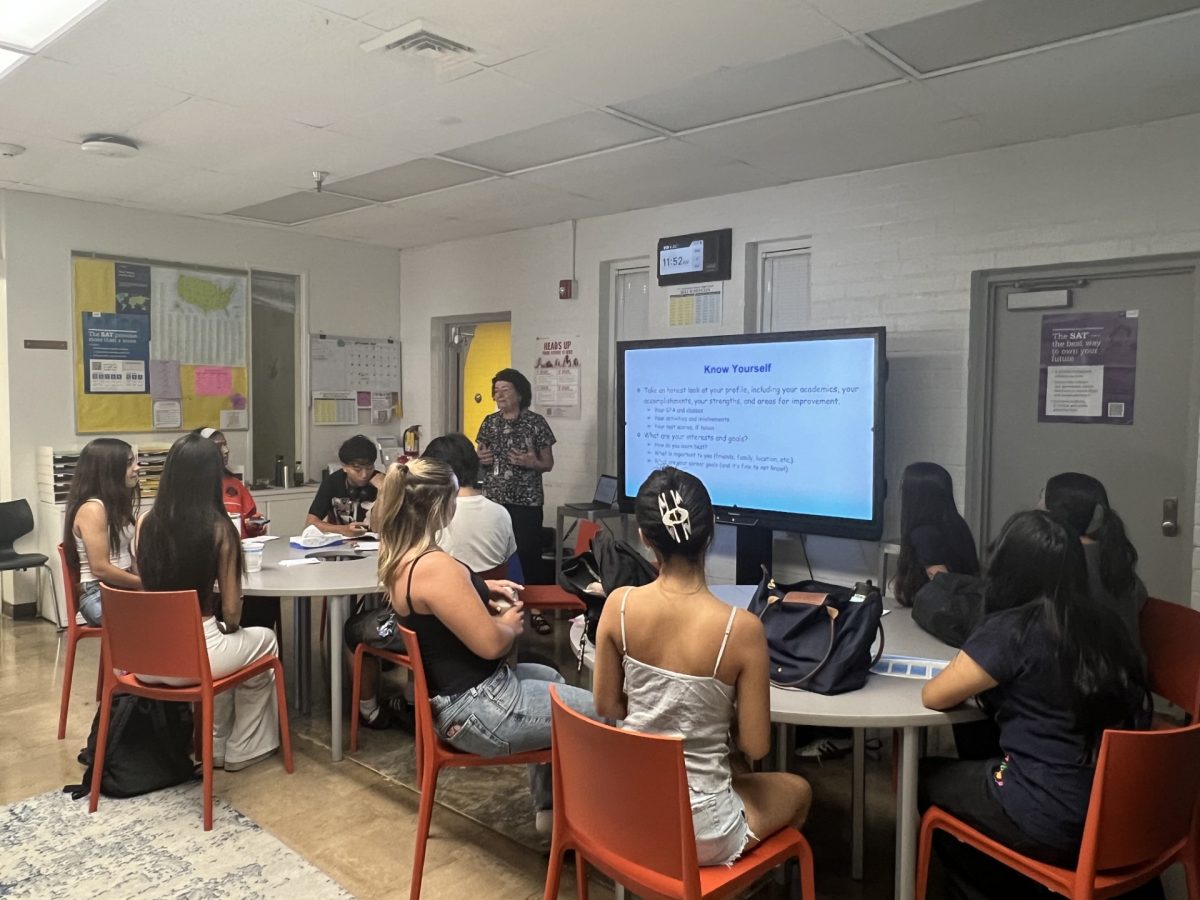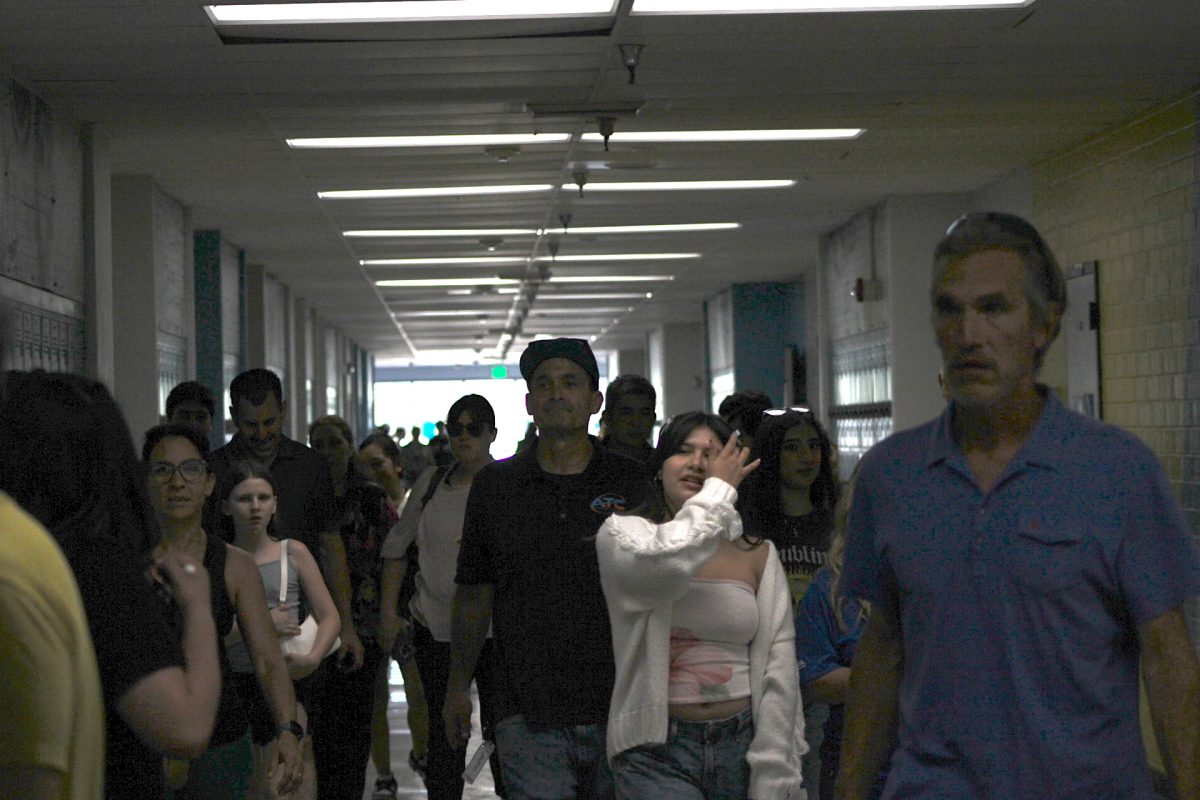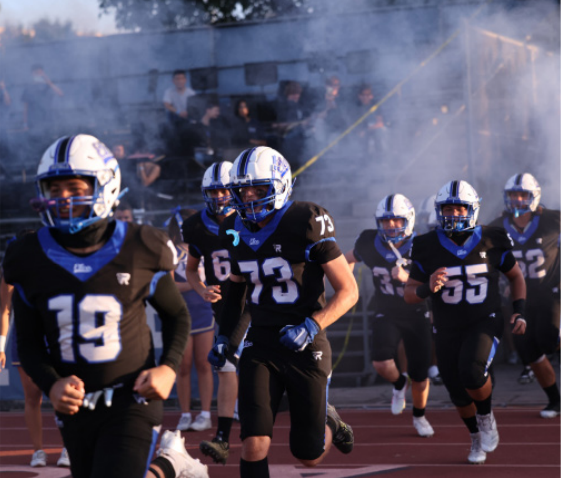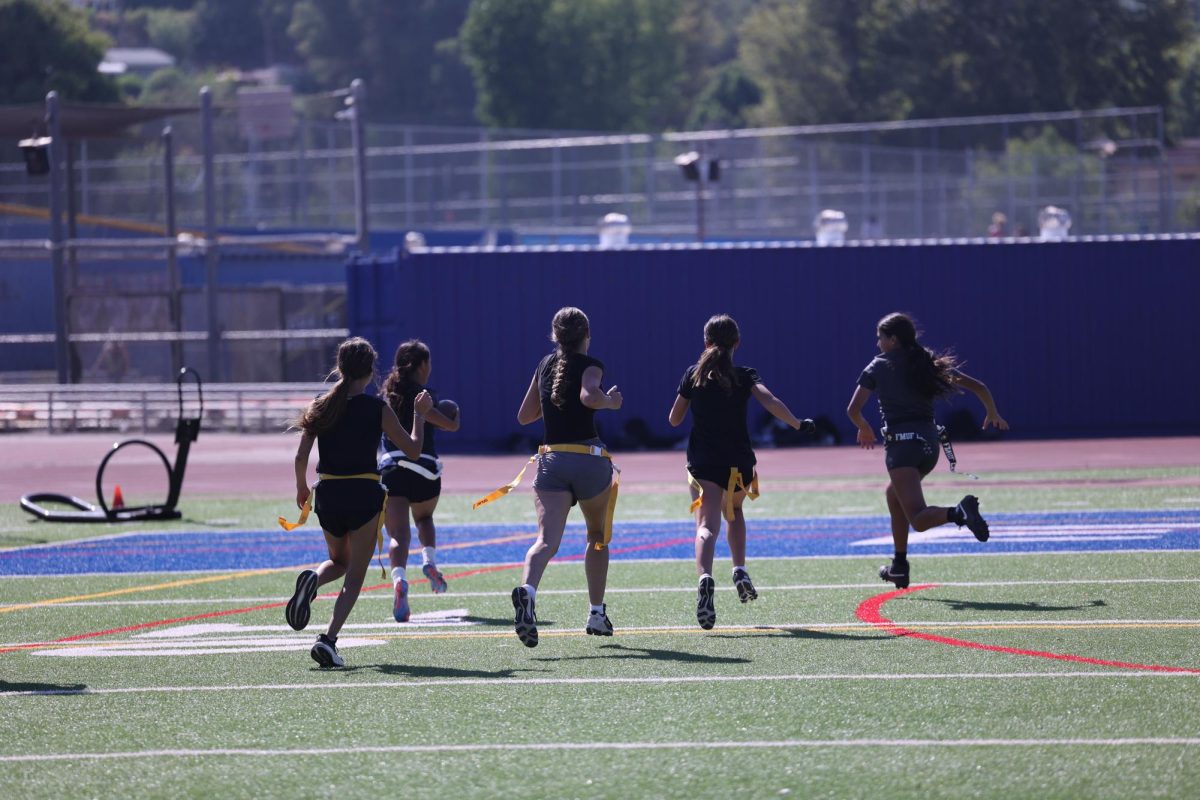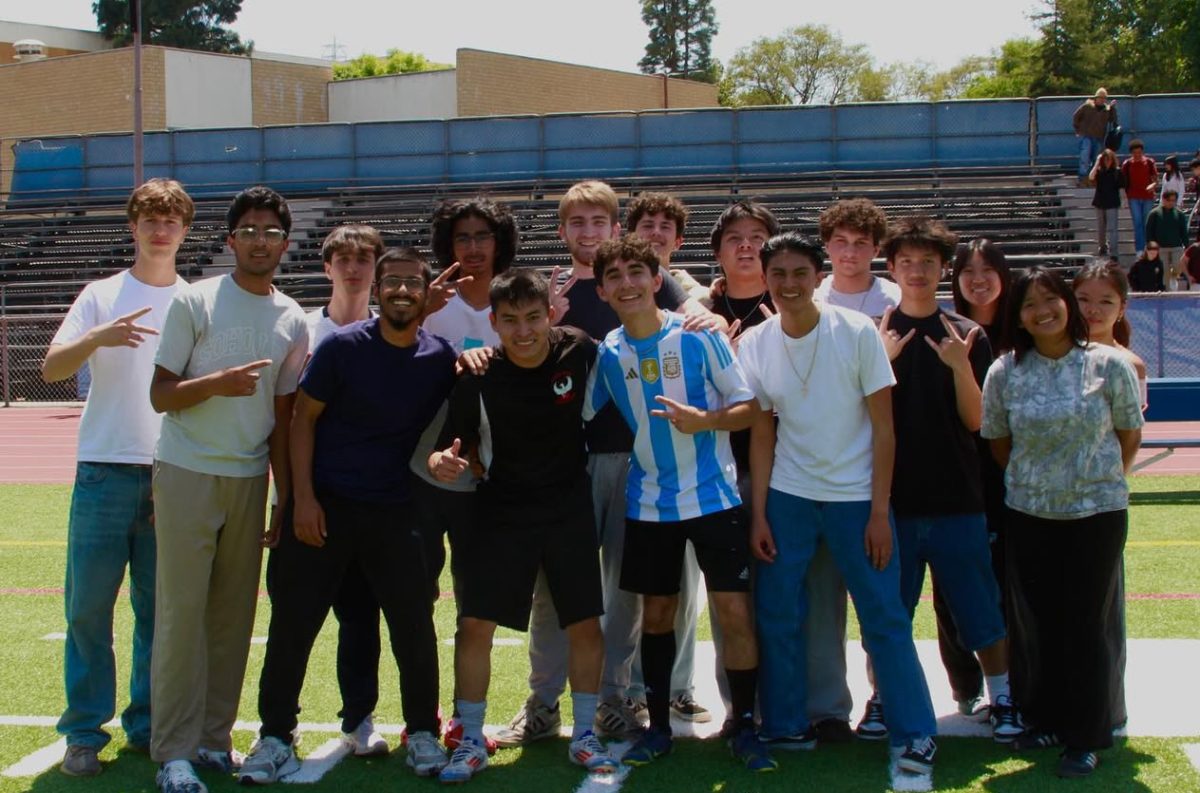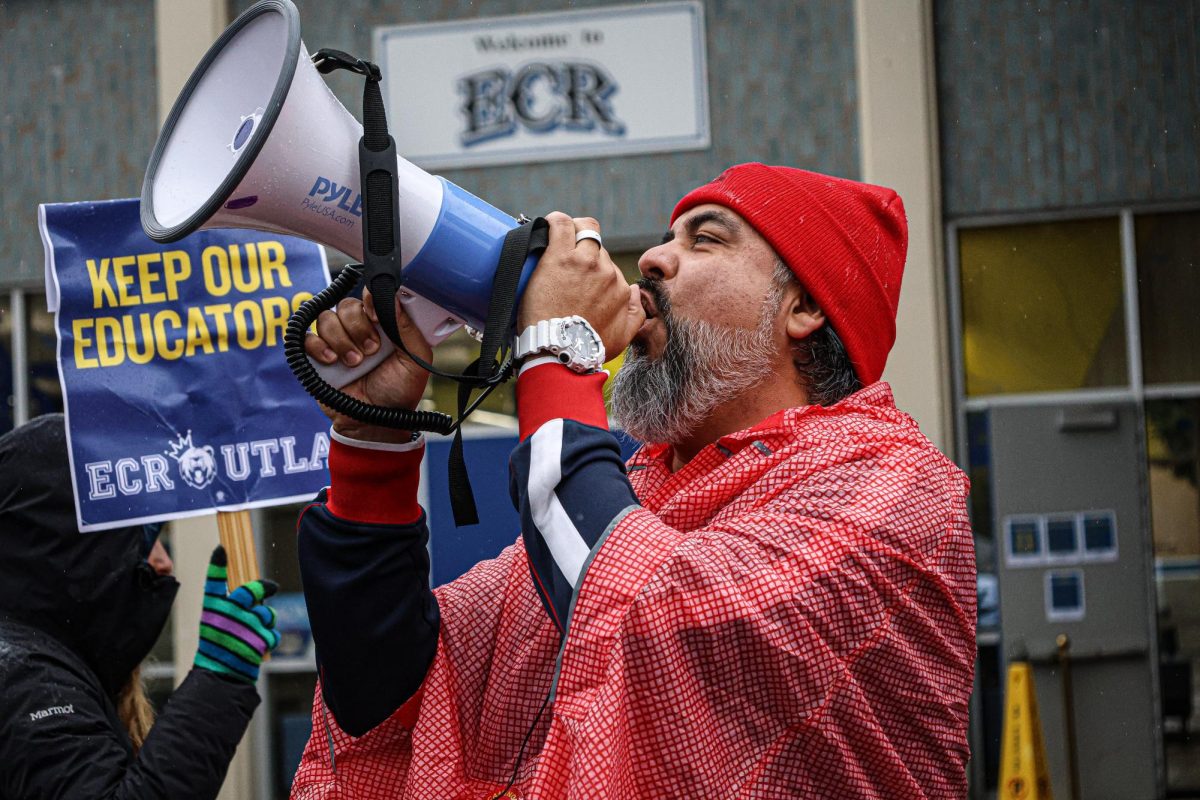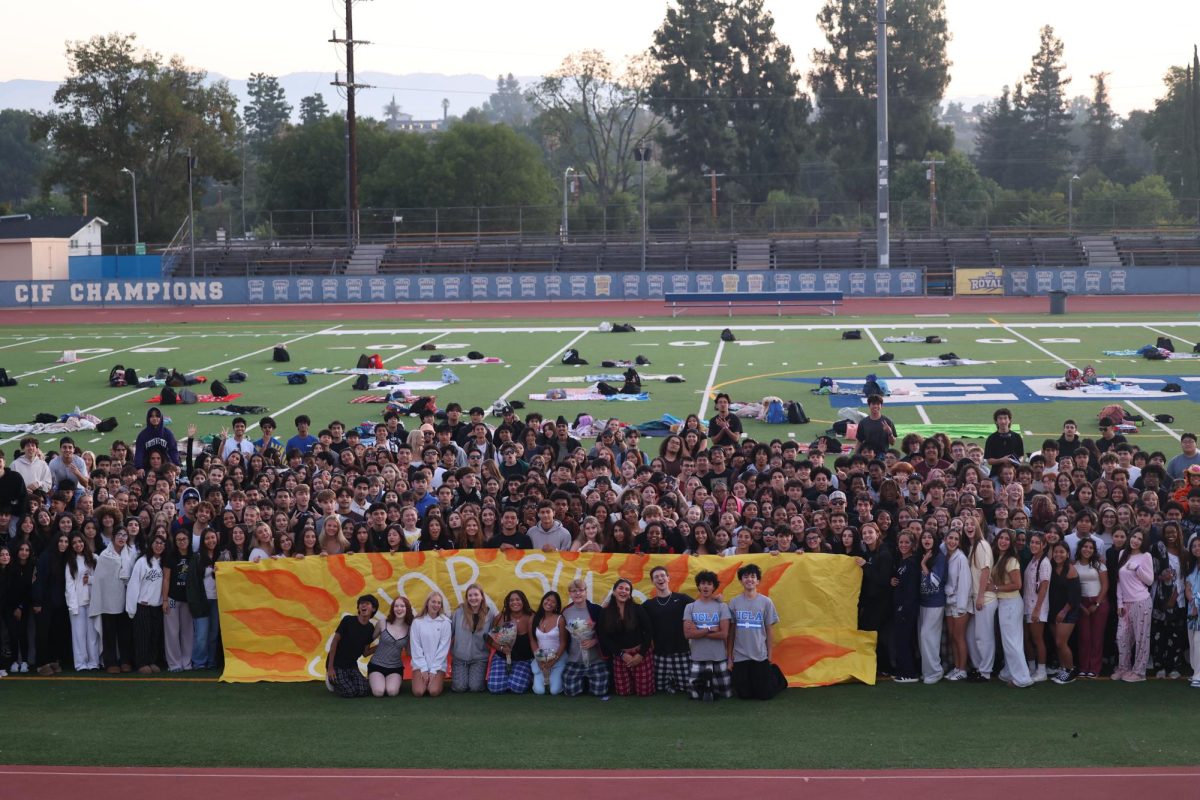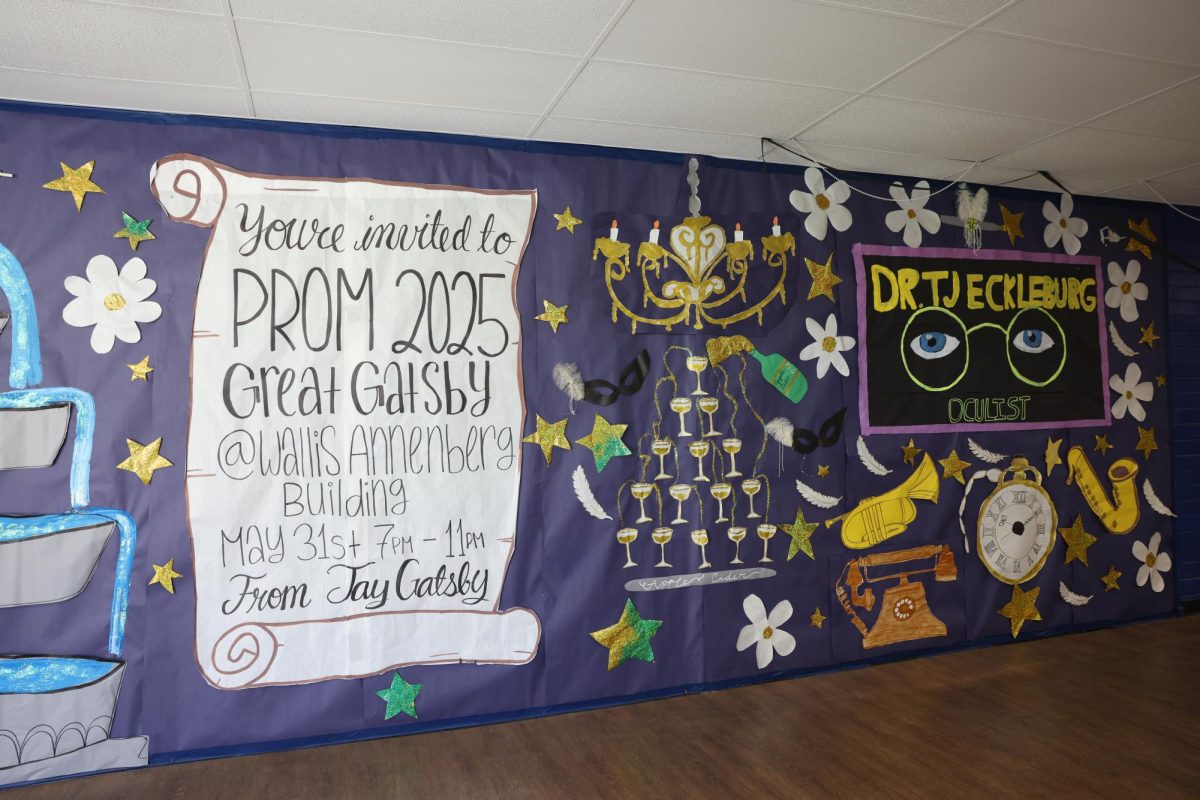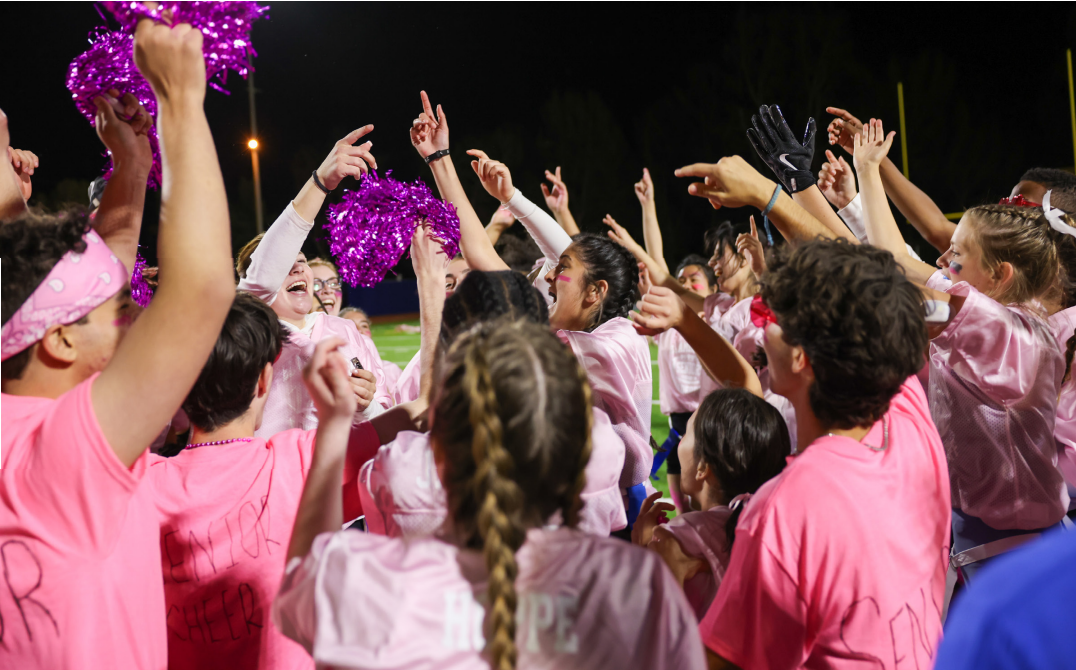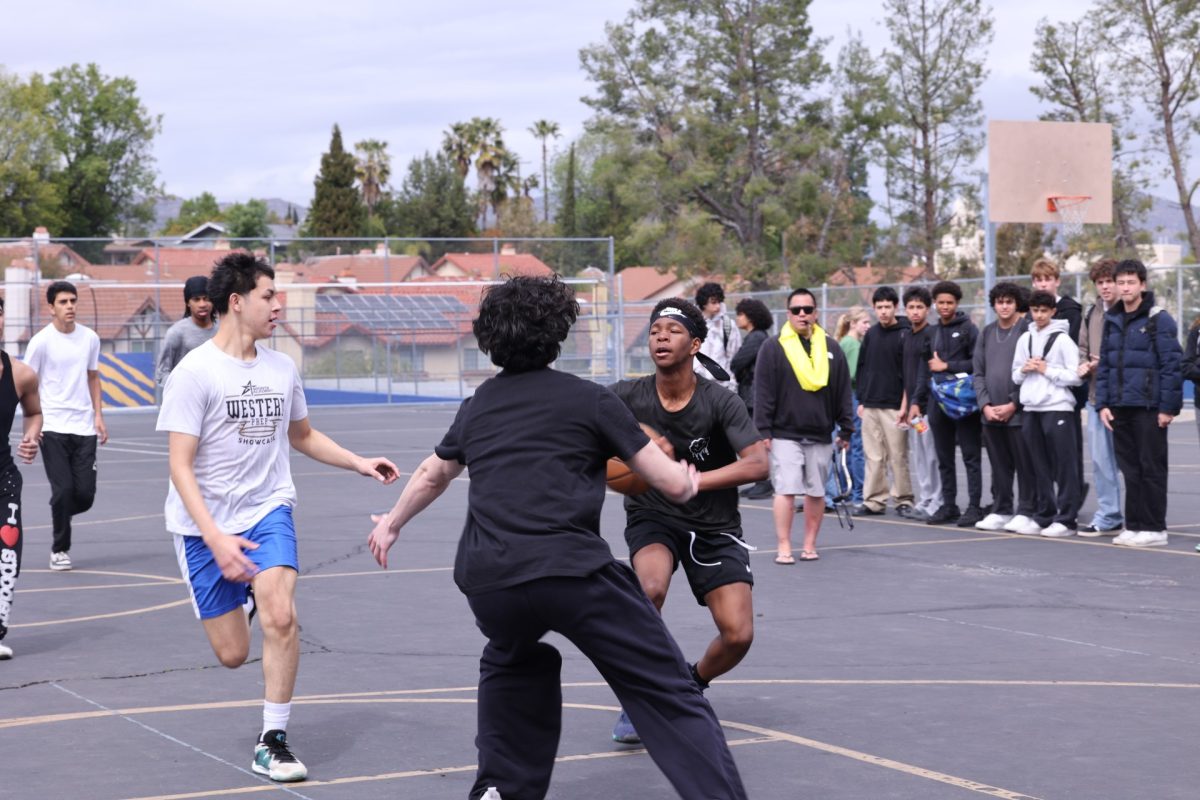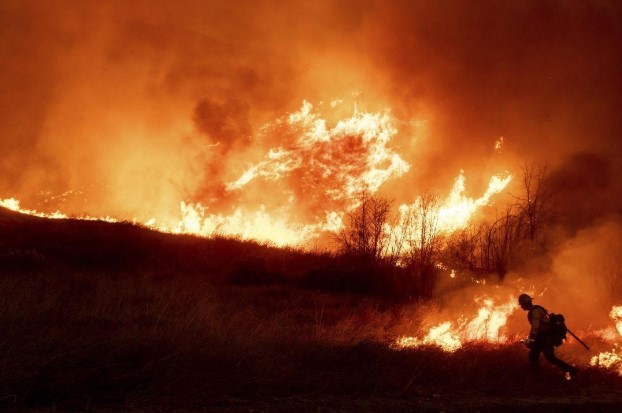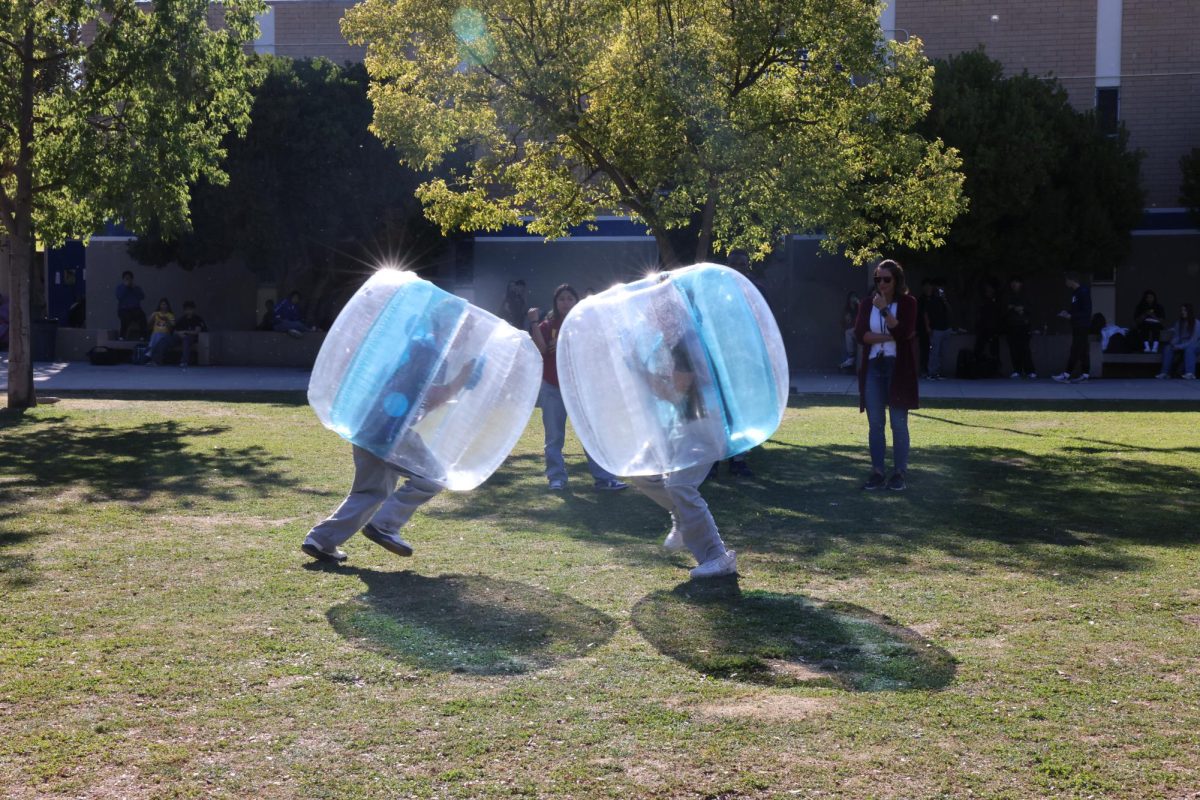Due to a string of failed negotiations between El Camino Real United Teachers of Los Angeles (ECRUTLA) and El Camino Real Administration (ECRA), a five day strike took place Feb. 10 to Feb. 14, in hopes of higher wages and more respect.
“The school was offering 15% upfront and we discovered in our financial analysis that this would put the school into a deficit,” English teacher and head of ECRUTLA Carlos Monroy said. “We didn’t want to put the school in any financial jeopardy, so we decided to split all of it and defer any kind of payment over the course of three years.”
Since August of 2023, ECRUTLA and ECRA have been in a collective bargaining process over creating a new contract that addresses fair wages, improved retiree benefits and changed disciplinary consequences for the union. In the next year, April of 2024, the union signed a public petition threatening to strike. Later in August, 97% of teachers voted to strike, if necessary.
“We want a long term commitment that the school is going to pay us and compensate us fairly with the cost of living,” history and psychology teacher Gregory Field said. “We’d like that to be specifically part of our salary, because a lot of the time they offer it as good bonuses, and we don’t think that’s fair. We think our salary should match the living wage in California, so we should be able to live the life that we want to live.”
With the ongoing dissatisfaction with their wages, the ECRUTLA threatened to strike for months. Several potential strike dates were mentioned in the weeks prior, but the union needed to wait for the fact finding report to be released from the Public Employment Relations Board (PERB) in order to set an actual start date. Once the day was set, ECRA responded.
“[Before the strike] We had to turn in our IDs. We had to turn in our computers. We had to turn in our keys,” Field said. “My pocket feels lighter. I miss [being at school] every day.”
Leading up to the strike, ECRA sent out an email requiring the union members to turn in all school property and to take home all of their personal belongings from their classrooms. Many teachers saw this as a disrespectful act and led to even greater tensions between them and the administration.
“This is about us getting paid and about our salary, but, honestly, it’s about the dignity of what we do here too,” history teacher, co department chair of history and intervention coordinator Albert Vazquez said. “It’s about teachers getting treated with respect. The fact that we have to be here in the rain, and we can’t even get a meeting with our administrator on a Wednesday when the school is 80% empty, doesn’t feel respectful.”
In response to the administration’s refusal of a fair contract, the union began to strike that Monday at 7:00 a.m., with some members even showing up as early as 5:00 a.m. ECRA didn’t agree to bargain with ECRUTLA until Friday, leaving the union to be on the picket line in the morning from 7:00 a.m. to 9:30 a.m., as well as in the afternoon, from 2:30 p.m. to 4:30 p.m.
“We want this to be resolved. We don’t wanna be out here. My head hurts, I’m tired, I’m sore. Nobody wants to be out here,” Vazquez said. “We all [would] rather be inside so we want this to end quickly.”
Despite the poor weather during the week, many union members stayed strong and continued to fight for respect. Even during this hard time, they had high spirits as they chanted with signs and inflatable boom sticks in hand. They encouraged cars that drove by to honk in support, and they spread information to students and parents about their cause.
“I didn’t become a teacher, to just stand out in the cold and in the rain for hours and hours. I became a teacher to be in the classroom talking about really, really amazing things,” Field said. “I miss [my students] so much, I really do.”
Although the majority of students didn’t attend school, those who still went, especially seniors–who were concerned with how their attendance would affect their ability to participate in senior events–were met with empty classrooms.
“I went to school early Monday morning, and [there’s] no one there to do anything, and everyone is just in the halls,” senior Oliver Green said. “Classes aren’t teaching anything. [There’s] genuinely no reason to go.”
Due to the nearly couple thousand absent students, classes were condensed to two separate classes in one, often leading to complications on where students actually needed to be. ECRA, though, attempted to continue the learning process for students in school, as they brought in substitute teachers from other school districts.
“The school requested substitute teachers to cover the classrooms,” Executive Director David Hussey said. “Some teachers had lesson plans, and [classes] that didn’t have lesson plans, those substitutes were given plans developed by the administration. All athletic events and extracurricular activities were continued as usual.”
About 100 total substitute teachers were hired to replace teachers for the duration of the strike; however, some students showed up to their classes to be met with no substitute. Additionally, the entirety of the foreign language department was moved to Anderson Hall as opposed to their actual classrooms.
“I feel like management has taken advantage of the teachers,” senior Claire Cocea said. “I don’t think they’re recognizing the difficult financial situations that a lot of them are in and by refusing to help them out, they’re hurting our education in the process.”
Many students found the teaching environment in school during the strike was ineffective. Some students, including The Kingdom student section, even showed support for the union by being on the picket line and bringing snacks for them. Regardless of disagreements between ECRUTLA and ECRA, both sides showed appreciation for students.
“When there is a strike, I believe it is a devastating experience for the entire school community,” Hussey said. “For students and parents, the school and I would like to thank them for their patience and understanding. We count on students to represent [the school] in its best light as they have always done.”
After five days of the prolonged strike, ECRA and ECRUTLA finally met to bargain Friday, Feb. 14. Two days later, Sunday, Feb. 23, both sides came to a tentative agreement allowing school to return to its previous state the next day.
“I think that the [agreement was fair],” Monroy said. “I’ve learned from some of my mentors that a good compromise [doesn’t have to mean] that everyone is happy. There were compromises on both sides and I’m glad the school moved from its obstinate position.”
The tentative agreement consisted of new compensations for the next three years, improved health and welfare plans, clarifications for student discipline, withdrawals of unfair labor practices and the ultimate end of the strike.
“[I want future teachers] to be taken care of,” Field said. “I mean, we want teachers to come here, want to be here and want to make a difference.”
Now that the strike has concluded and a more fair contract has been negotiated, most of ECRUTLA, ECRA and the student body are all satisfied to be back in the classroom. Classes have picked up where they left off, resuming curriculum and ensuring students succeed in the remainder of the spring semester.
“Educators, teachers, counselors and school psychologists are the heart and soul of the school,” Monroy said. “The relationships we build with the students are what keeps [them] in our classrooms. The [school] is upheld specifically by the educators, and I’m glad that students, parents and [the community] realize that you can’t have a school without educators.



